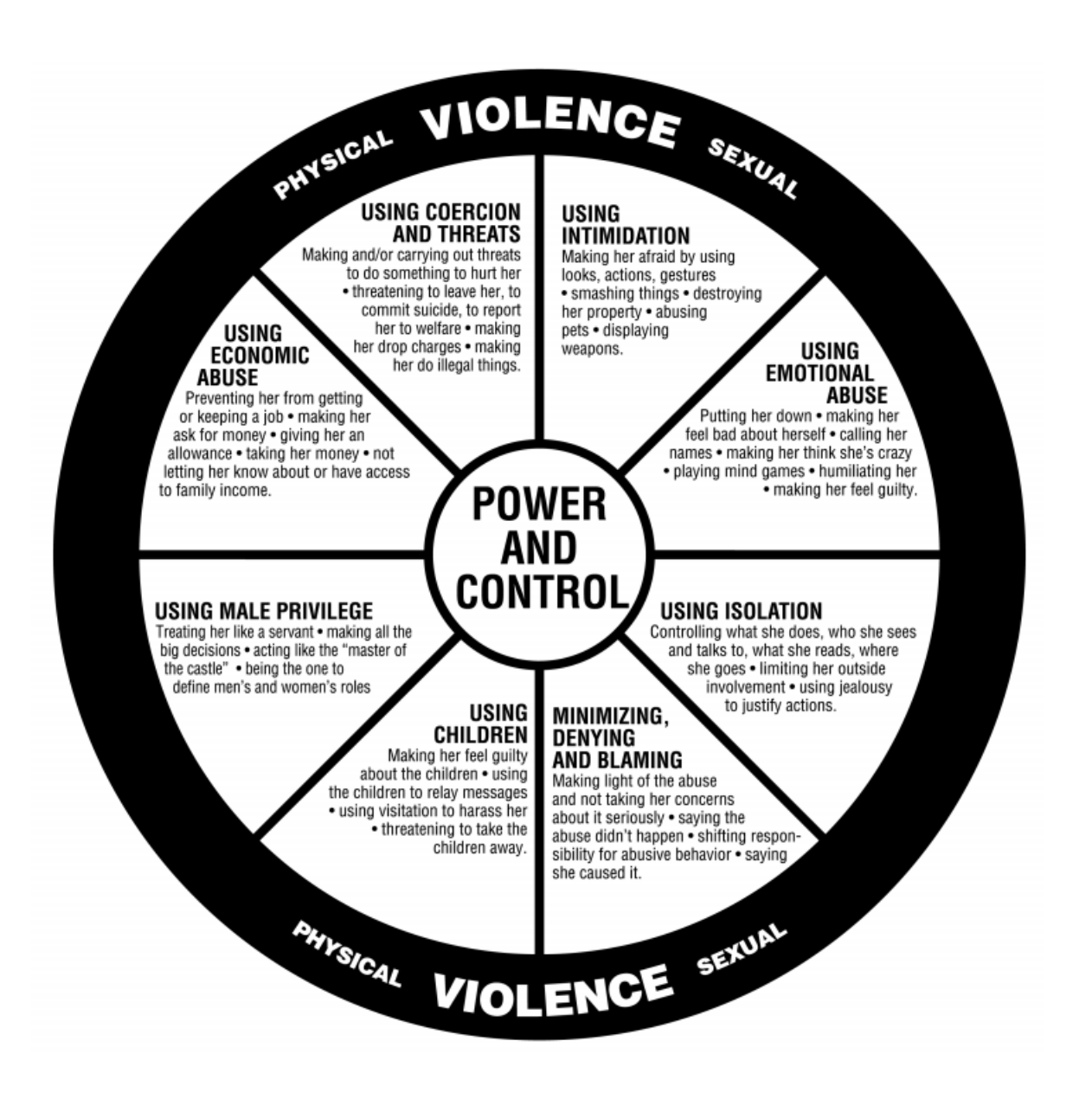Domestic Violence Awareness Month
October is Domestic Violence Awareness Month, and a vital time to shine light on an issue that impacts so many in our communities. Understanding the dynamics of domestic violence can be difficult, and often many think of it as a physical act against another person, but it is much deeper. The Domestic Violence Awareness Project states that “Domestic violence is best understood as a pattern of abusive behaviors–including physical, sexual, and psychological attacks as well as economic coercion–used by one intimate partner against another (adult or adolescent) to gain, maintain, or regain power and control in the relationship.” With a biblical standpoint, one way to determine abuse is to look at what love is (1 Corinthians 13:4-8) and change it to reflect what abuse is.
Abuse is impatient.
Abuse is unkind.
Abuse is envious.
Abuse is boastful.
Abuse is prideful.
Abuse dishonors others.
Abuse is self-seeking.
Abuse is easily angered.
Abuse keeps records of wrongs.
Abuse delights in evil and rejoices in lies.
Abuse never protects.
Many who are experiencing domestic violence may not even realize that what they are experiencing is abuse. It’s hard to consider that the person that you love and who is supposed to love and protect you is abusing you. The Domestic Violence Awareness Project states that “1 in 4 women and 1 in 9 men” experience domestic violence “by an intimate partner in their lifetime”.
Copyright by the Domestic Abuse Intervention Project
202 East Superior Street, Duluth, MN, 55802
218-722-2781
Another resource that helps individuals understand domestic abuse is the Power and Control Wheel because it breaks down these systems of abuse and abusive patterns so it can be easily identified. I have heard survivors who see the Power and Control Wheel state that they did not know that was a form of abuse, but that their abuser had used it often against them.
As a Christian, it can feel shameful for someone who is abused to walk away from a marriage or relationship, and sometimes the abuser can be well respected in their faith community, but it is important to remember that God loves us, and He hates abuse (Psalm 11:5). Individuals who are leaving domestic violence should seek help. It’s a hard decision for a victim to leave and seek help, but it is important for others to know that the decision to leave could be a lifesaving decision for them. If you wonder how to support individuals who have left an abusive relationship, it’s important to understand that this is a loss of a person, of a life, and of a relationship, so there will be mourning for this loss. How do you comfort someone who has lost a loved one? Share God’s Word with them to remind them of God’s love for them. Bring them a meal, help them navigate services/resources, be there for them, or get them in contact with the local Domestic Violence/Intimate Partner shelter and services.
Psalm 34:18 “The Lord is close to the brokenhearted and saves those who are crushed in spirit.”
Written by Heather Koontz, Board Member



